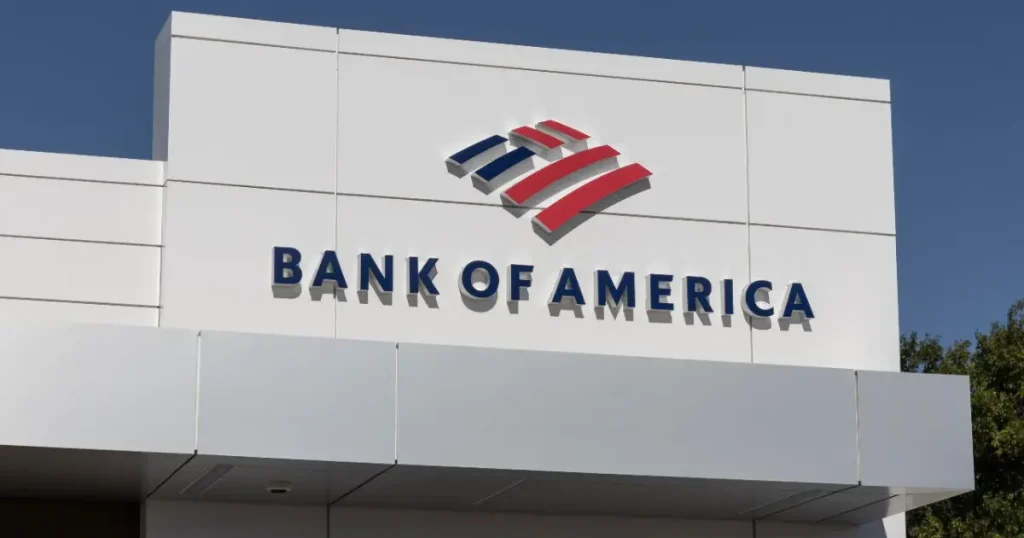In the dynamic world of finance, unexpected twists and turns are not uncommon. One such twist is the BofA class action lawsuit that has captured the attention of investors, analysts, and legal enthusiasts alike. As we delve into the intricacies of this legal battle, we’ll explore the key details, the implications for stakeholders, and provide a step-by-step guide for those seeking clarity amidst the legal complexities.
Table of Contents
Understanding the Background
The origins of the BofA class action lawsuit can be traced back to alleged financial misconduct involving Bank of America (BofA). Investors claim that the bank failed to disclose vital information, leading to financial losses. The lawsuit, which has gained momentum in recent months, underscores the importance of transparency and accountability in the financial sector.
Key Allegations and Legal Landscape
The heart of the matter lies in the allegations against BofA, ranging from securities fraud to misleading investors. Plaintiffs argue that the bank misrepresented its financial health and failed to disclose pertinent information that could have influenced investment decisions. This has led to a legal battleground where nuances of securities law, corporate governance, and investor rights come into play.
Securities Fraud is a focal point in the lawsuit, with investors asserting that BofA provided false or misleading information. The consequences of securities fraud can be severe, affecting not only the financial standing of the accused but also eroding investor trust.
Implications for Stakeholders
Investors, both large and small, are closely monitoring the developments of the BofA class action lawsuit. For institutional investors, such legal proceedings can have significant repercussions on their portfolios. Small investors, on the other hand, may be concerned about the impact on their individual holdings and the potential ripple effect on the broader market.
The stock market, being a barometer of investor sentiment, has shown fluctuations in response to updates on the lawsuit. This underscores the interconnectedness of legal battles and financial markets, with each development resonating across the investment landscape.
Navigating the Legal Maze: A Step-by-Step Guide
Step 1: Stay Informed
In a legal landscape dominated by complex jargon and intricate proceedings, staying informed is paramount. Regularly check reputable news sources for updates on the BofA class action lawsuit. This ensures that you are aware of the latest developments and can make informed decisions based on accurate information.
Step 2: Understand Your Rights
Whether you’re an institutional investor or an individual shareholder, understanding your rights is crucial. Familiarize yourself with the legal frameworks governing securities and investor rights. This knowledge empowers you to navigate the legal landscape with confidence and assert your rights as a stakeholder.
Step 3: Consult Legal Experts
Legal proceedings can be labyrinthine, and seeking professional advice is advisable. Consult legal experts specializing in securities law to gain insights into the specifics of the BofA class action lawsuit. They can provide personalized guidance based on your unique circumstances and help you make informed decisions.
Step 4: Evaluate Your Options
As a stakeholder, you have options. Evaluate the potential impact of the lawsuit on your investments and consider whether taking legal action or joining the class action lawsuit is in your best interest. Each option has its implications, and a thorough evaluation ensures you choose the path aligned with your financial goals.
The Human Side of Legal Battles
Legal battles are not just about statutes and courtrooms; they also have a human side. Investors, driven by financial goals and aspirations, often find themselves caught in the crossfire of such lawsuits. One such investor, Jane Thompson, shares her experience.
Jane, a seasoned investor, recounts how the news of the BofA class action lawsuit initially sent shockwaves through her investment portfolio. However, armed with information and legal advice, she navigated the uncertainties and made strategic decisions to protect her investments.
Her story reflects the resilience of individual investors in the face of legal challenges, underscoring the importance of empowerment through knowledge and proactive decision-making.
Conclusion
As the legal saga surrounding the BofA class action lawsuit unfolds, stakeholders find themselves at a crossroads. Navigating these turbulent waters requires a combination of vigilance, understanding, and proactive decision-making. By staying informed, understanding your rights, consulting experts, and evaluating options, you can navigate the legal maze with confidence.
Legal battles are inherently uncertain, but the proactive approach of investors like Jane Thompson serves as a beacon of hope. The intersection of finance and law may be complex, but with the right knowledge and strategy, stakeholders can weather the storm and emerge stronger on the other side.
Frequently Asked Questions (FAQs) related to the BofA class action lawsuit:
Q: What are the specific allegations in the BofA class action lawsuit?
A: The lawsuit alleges that Bank of America (BofA) engaged in securities fraud by providing false or misleading information to investors. This includes claims of failure to disclose crucial financial information that could have influenced investment decisions.
Q: How does the BofA class action lawsuit impact individual investors?
A: Individual investors may be affected by fluctuations in BofA’s stock value, which can result from the uncertainties surrounding the lawsuit. It’s advisable for investors to stay informed, understand their rights, and consider consulting legal experts to assess the potential impact on their investments.
Q: Can I join the BofA class action lawsuit as an individual investor?
A: Yes, individual investors can typically join a class action lawsuit if they meet certain criteria. It’s recommended to consult with legal experts to understand the eligibility requirements and evaluate whether participating in the lawsuit aligns with your financial interests.
Q: How do legal proceedings in the BofA class action lawsuit affect the stock market?
A: Legal developments in the lawsuit can impact BofA’s stock price as investors react to the latest news. The stock market often reflects investor sentiment, and significant events in the lawsuit may lead to fluctuations in BofA’s share value and potentially influence broader market trends.
Q: What steps should investors take to protect their interests amid the BofA class action lawsuit?
A: Investors are advised to stay informed about the lawsuit’s progress, understand their rights as stakeholders, and consider seeking legal advice. Evaluating the potential impact on their investments and making informed decisions based on reliable information can help investors protect their interests during this legal battle.










